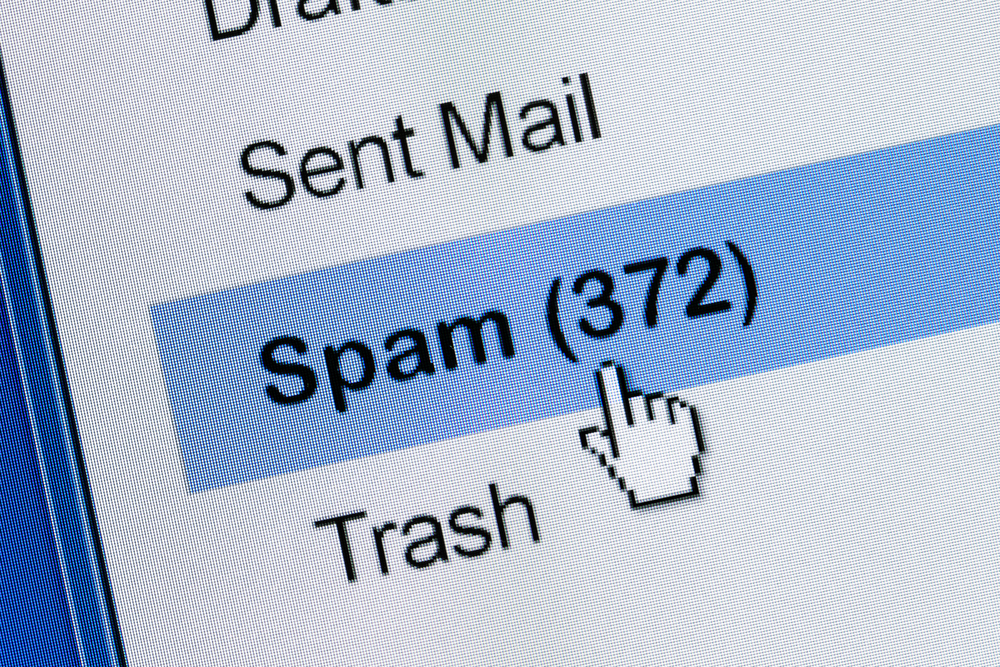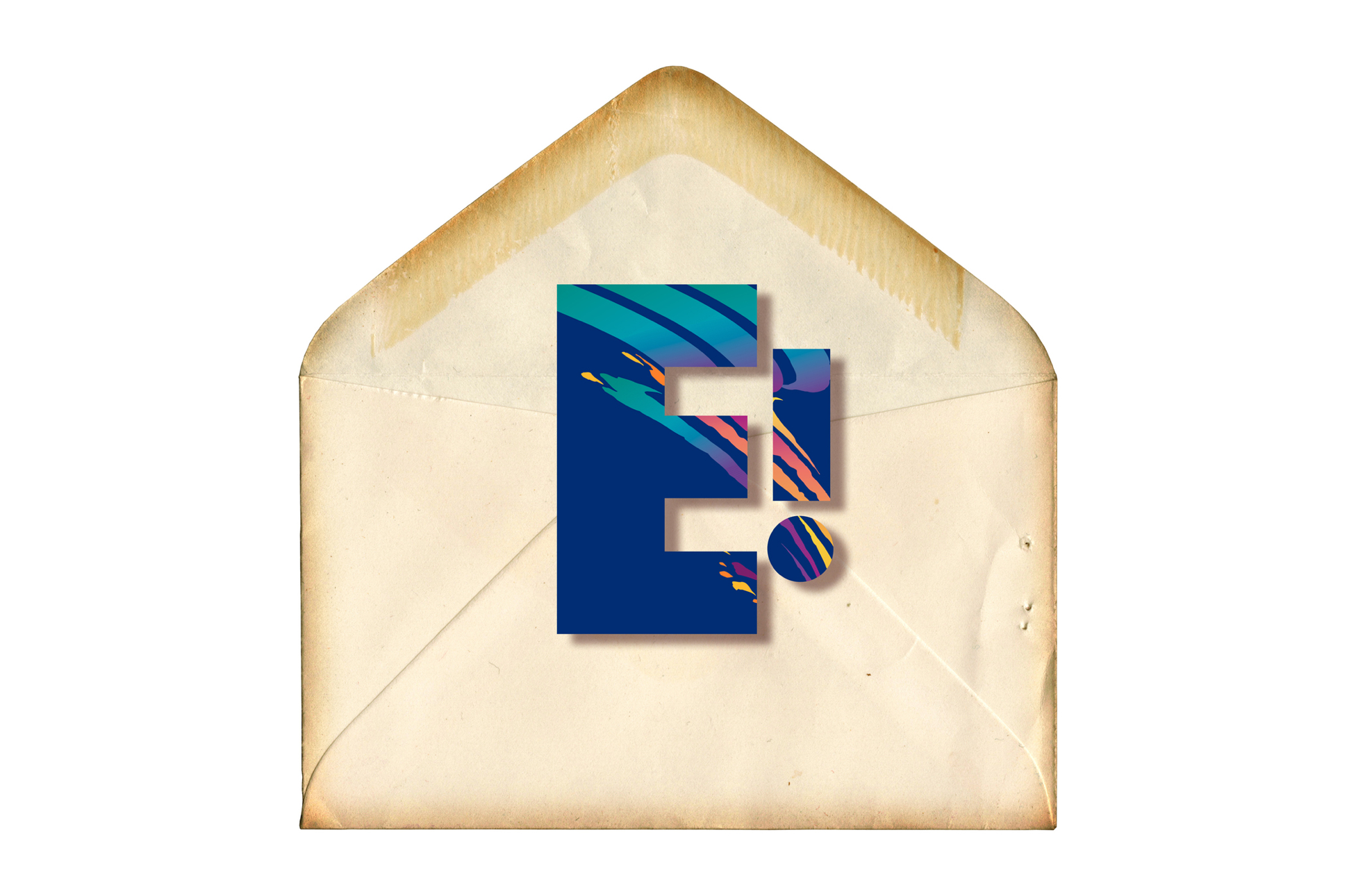A few days ago an associate of mine asked me a question. And this is a very common question these days.
“Jeff, so the e-commerce website guys are great but they don’t offer email, and they want me to use Google Apps email for $50/yr per user. Is this normal? My last website guys gave me a few free emails. Am I getting ripped off?”
It’s fully understandable that he would feel he’s not getting what he used to consider a norm. It’s how we felt when they took away the free 2nd check-in bag for air travel! However you are not being short-changed, and I fully support this transition in how emails are handled.
Emails that are attached to the server that also hosts the websites used to be a norm – it was natural, since mydomain.com operates on a specific server, and most server environments have a basic email system, get some free email accounts… this should not be the case anymore, and here’s why:
. . . .
#1 Reason: Security & Spam
Most servers are shared with other sites – very few small business or e-commerce websites require an entire server. If other websites (neighbours) are on your same server, it means they are on the same IP address as your email origination. Even if you know to keep your password safe, not install any suspicious software that may hijack your email account & address book, somebody else’s email being compromised can result in your server sending out spam. This often leads to the whole server being marked as a spam source. There are other relatively common ways by which spam emails can originate from another website on your cluster, and get your shared IP address blacklisted.
Once your emails start automatically ending up in spam folders, you stand to lose a tonne of business and productivity until this is resolved. These issues, from what I saw, often repeat themselves – a careless neighbour will always be a careless neighbour.
Corporate email systems such as G-Suite (formerly called Google Apps) Business Email have an entire workforce to keep their servers secure. Also, because it is a paid service, it keeps out illegitimate users. It’s a much safer environment and the odds of your emails being wrongfully flagged as spam is much lower. A friend of mine, Darci Talks, also recommends G-Suite as the go-to emails for real estate professionals.
#2 Reason: Costs & Hard Drive Space
With the advancement of email as the primary communication over phones or meetings, the volume of files exchanged via email is staggering. Email providers are able to better scale to provide much more storage space for a very nominal cost, whereas dedicated servers rented by small businesses are often limited in hard drive space. This creates huge cost overruns for web or SaaS based firms. If dozens of gigabytes of email space had to be added to the list of services on top of the website hosting & server maintenance, their costs would inevitably start going up anyway, costing the customers more. And even then, the email system would not be anywhere near the quality of what a real corporate cloud email system can provide (which leads me to my next point). It’s best to let your web developers do what they do best, and leave email hosting up to email providers.
#3 Reason: Far Better Performance With More Features
Because companies like Google Apps, ZOHO etc. (corporate cloud email providers) handle email hosting at a professional level, they are able to pour more resources into the quality of service and functionality.
- Better uptime and much smarter spam filters
- A real cloud that is fast, and IMAP (compared to POP3) so that deletion of an email from your iPhone means it’s also removed from the web as well as on the Mail app
- Included contact/calendar/notes Cloud so all your devices can have the same records updated
- Better email filtering & labeling for more efficiency (Google Apps)
- Best-in-industry email search system (have you ever struggled to find an old email? less struggles on Google Apps)
#4 Reason: Extensions For More Productivity
Google Apps has become the standard for business email for more than just one reason – they offer extensions which can improve your workflow and keep you organized better. Extensions such as Yesware for Email tracking and Sales, Google Docs/Drive integration on Google Apps, as well as other 3rd party software can offer you a more customized email experience.
The email is no longer just an email system, it’s often your marketing & operations ecosystem.
In Conclusion? Use a real email, pay for it, and have peace of mind!
In my decade of experience in this industry, the costs for relying on a real corporate email is one of the best money one can spend for a smoother, faster & more organized emailing experience, and web hosting or SaaS companies are right to ditch email service provision as an included add-on. It’s better if they focus on what they do best – their own niche of websites or mobile web/app design.






